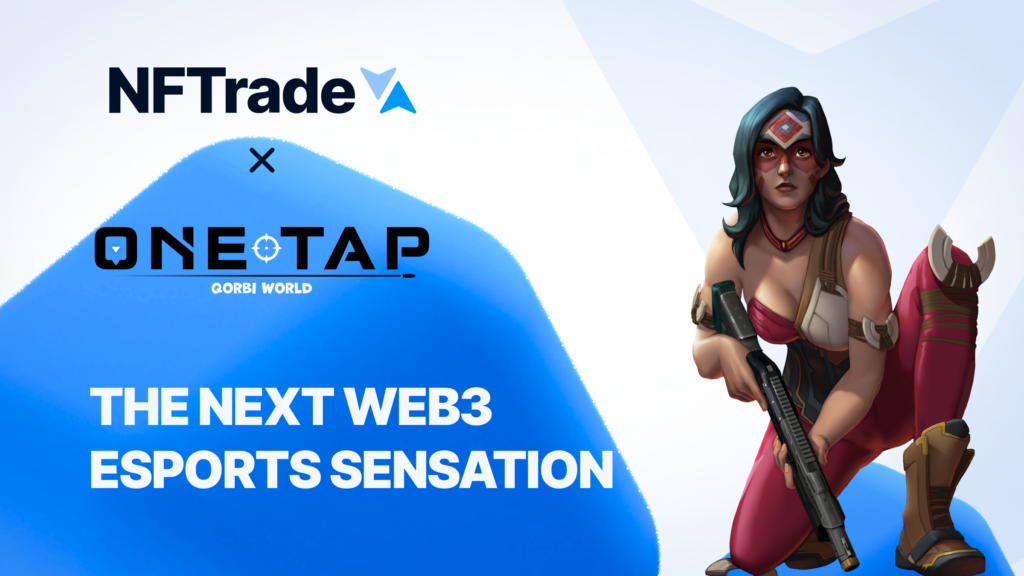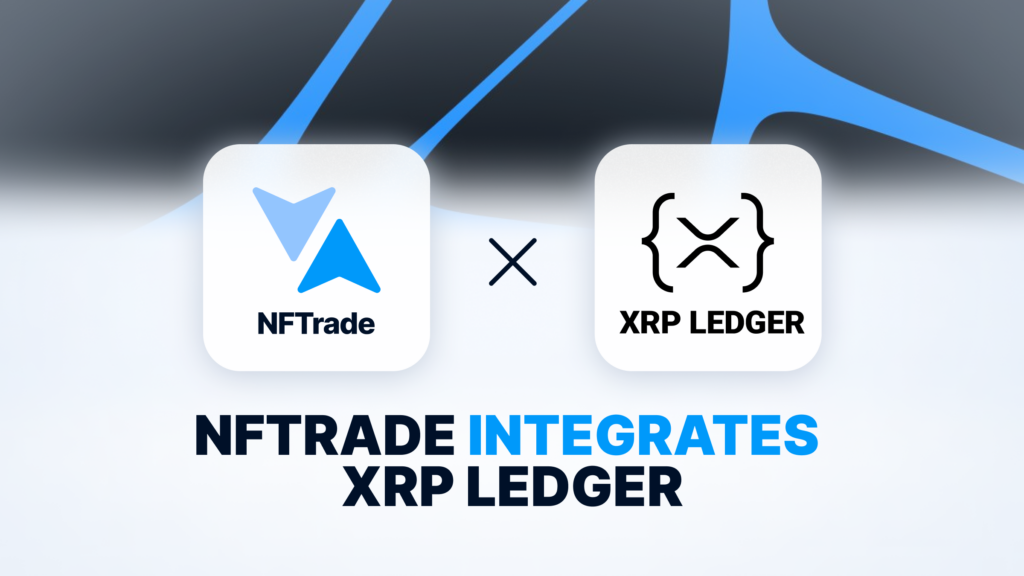Blog
NFTs on Polygon Are a Game-Changer

Whether you are a cryptocurrency newcomer or a blockchain veteran, you have undoubtedly had to experience the hassle of paying exorbitant gas fees to conduct a transaction. Although gas fees have temporarily subsided due to a cooling market, Ethereum users have previously had to pay fees eclipsing $100 or more to complete an interaction on the blockchain; this unsustainably high fee structure renders the network and many of its applications almost unusable in a multitude way. Although the Ethereum development community is working to fix this problem with the completion and introduction of the Ethereum 2.0 upgrade, that could still take years to come to fruition. For now, users need to explore other options.
For some, this means going to more cost-effective but more centralized blockchain networks such as Binance Smart Chain (BSC), but in many ways, this is against the ethos of blockchain technology, as this network is essentially a centralized database. There are faster-decentralized networks such as Avalanche and Solana, but they do not yet have a widely established community of developers or users to build out their ecosystems.
With all the tradeoffs users experience when looking for a smart contract platform alternative to Ethereum, there is another option, an already devised layer two scaling solution. This is where Polygon comes in, allowing users to seamlessly conduct Ethereum-based transactions without having to sacrifice the tradeoff of high fees and extended transaction finality.
Polygon and NFTs
Polygon is the most widely used and adopted Ethereum scaling solution, allowing Ethereum-based applications to efficiently support the necessary parameters for an active user base — low transaction costs and almost instantaneous transaction finality. In the NFT space, this type of infrastructure is absolutely vital, as it is one of the only ways to support low-cost, high-throughput transactions.
For artists and creators interacting with NFTs worth thousands or millions of dollars, a few extra bucks on a transaction fee is not a huge barrier to entry. Still, for the vast majority of users, many of which are creating and using low-cost NFTs, these extra fees can make all the difference. If you are an up-and-coming artist, a gamer, an introductory collector, or more, it is not always viable to pay equal or more in transaction fees than the actual price of the NFT.
For example, let’s say you are a gamer playing the latest NFT-based game. After playing for a few weeks or months, you will acquire a wide variety of items, some of which will inevitably be duplicates. As a gamer, owning duplicate items allows you to leverage them via trading to acquire items that will actually benefit you, but with high transaction fees, this may not always be feasible. If the NFT in question has a market value of only $2, then paying $3-$5 (or much higher) in transaction fees already puts the trader at a net loss; if they were to continue to trade at this rate, they would dig themselves into a deeper and deeper hole of value loss. Using Polygon, even if the NFT item is only worth a few cents, it can easily be bought, sold, and traded without having to pay substantial network fees.
This example could also easily apply to artists. Unfortunately, not everyone can be Beeple, and for many, paying $2-$5, let alone $100 transaction fees, is not sustainable to begin with. If the artist is minting many pieces or collections, these costs quickly add up, pointing to the need for a scalable solution that makes Ethereum more usable for the average NFT producer and user.
Essentially, until Ethereum 2.0 is ready and users can utilize the network natively without having to pay excessively high fees, Polygon is one of the only viable solutions to make Ethereum usable for anyone and everyone. This is why networks such as BSC have gained so much traction over the last year. Still, with the effortless scalability and low costs associated with Polygon, Ethereum will continue to maintain itself as the premier blockchain, while also supporting all the needs of the broader NFT, defi, and crypto communities.











